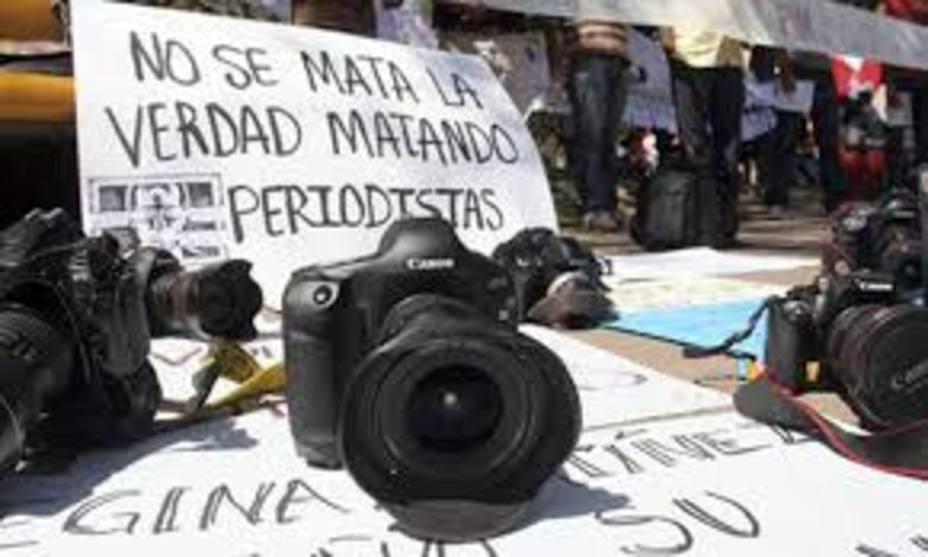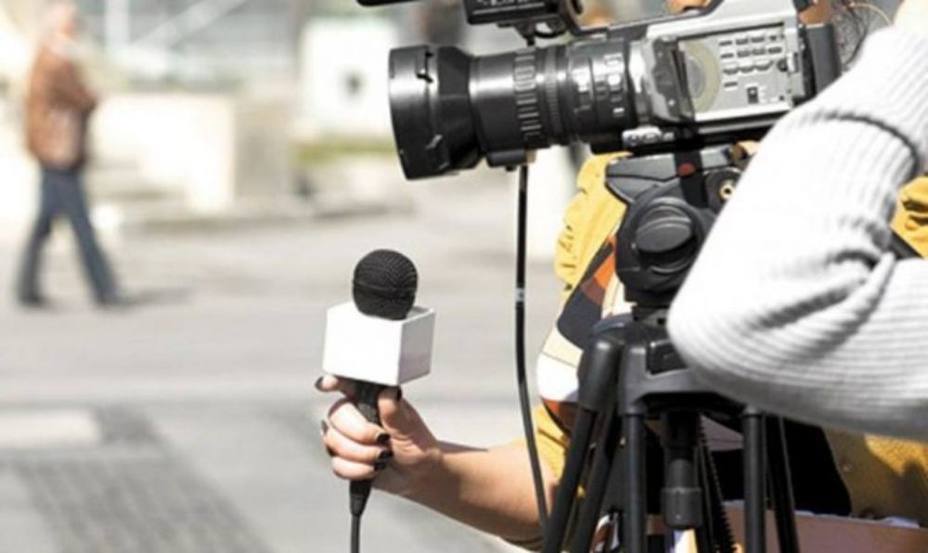The challenge of practicing journalism in the midst of repression

In Venezuela, the practice of journalism has become an odyssey fraught with risks and challenges due to the growing repression of the government of Nicolás Maduro. This situation has intensified notably after the presidential elections of July 28, 2024, events that have marked a turning point in the already complicated work of the media in the country.
Since Nicolás Maduro came to power in 2013, the environment for journalists and critical media has become increasingly adverse, according to complaints from the journalistic guild, which alleges harassment and threats by Chavista officials.
Repression tactics have included censorship, judicial persecution and violence that, according to various NGOs, creates a hostile environment that threatens press freedom. Recent months have seen an escalation of these practices, particularly following the July 28 presidential elections, in which the regime has detained journalists and media personnel covering protests in several states of Venezuela.
According to Marco Ruiz, journalist and national secretary of Press Workers, in interview with the portal Prodavinci“In Venezuela there is a communications curfew” that shows the absence of guarantees for the exercise of freedom of expression.

Protests against media censorship in Venezuela. Archive image.
Recent cases of arrests of journalists include Paúl León, Ana Carolina Guaita, Carmela Longo (who received conditional release), Deisy Peña, Fernando Chuecos, among others, who after July 28 were accused of terrorism crimes according to authorities of the Nicolás Maduro regime.
The SNTP has expressed its concern about an “escalation” in the practices of persecution of the media in what it describes as an authoritarian system by the Chavista regime.
He National Union of Press Workers of Venezuela is an organization that defends the labor rights and freedom of expression of journalists and media workers in the country.
Arrests and harassment of the press after the presidential elections
On July 28, 2024, Nicolás Maduro was re-elected by the National Electoral Council (CNE) in an election that many critics and international observers described as fraudulent. Since then, the Venezuelan regime has intensified repressive measures in an attempt to consolidate its power and prevent any form of dissent.
The growing censorship manifests itself in the form of arbitrary closures of media outlets, blocking of websites and social media, and confiscation of work equipment. Repression also translates into the detention and harassment of reporters and editors, who are often subjected to unwarranted interrogations and face trumped-up charges to silence them.

Violence against journalists and media by state security forces increased.
To date, the National Union of Press Workers has counted a total of 16 journalists, photojournalists and press workers detained, while the same organization warned on August 15 that at least 40 communication professionals between August 1 and 2 have been fired from public media such as Venezolana de Televisión (VTV) and Radio Nacional de Venezuela (RNV), where several of them admitted to being afraid to report their dismissals.
“They have been fired for giving it ‘“I like’ any post by María Corina Machado or for writing ‘fraud’ in their WhatsApp statuses”the SNTP highlighted.
Independent journalism needs the support of its readers to continue and ensure that uncomfortable news that they don’t want you to read remains within your reach. Today, with your support, we will continue working hard for censorship-free journalism!
